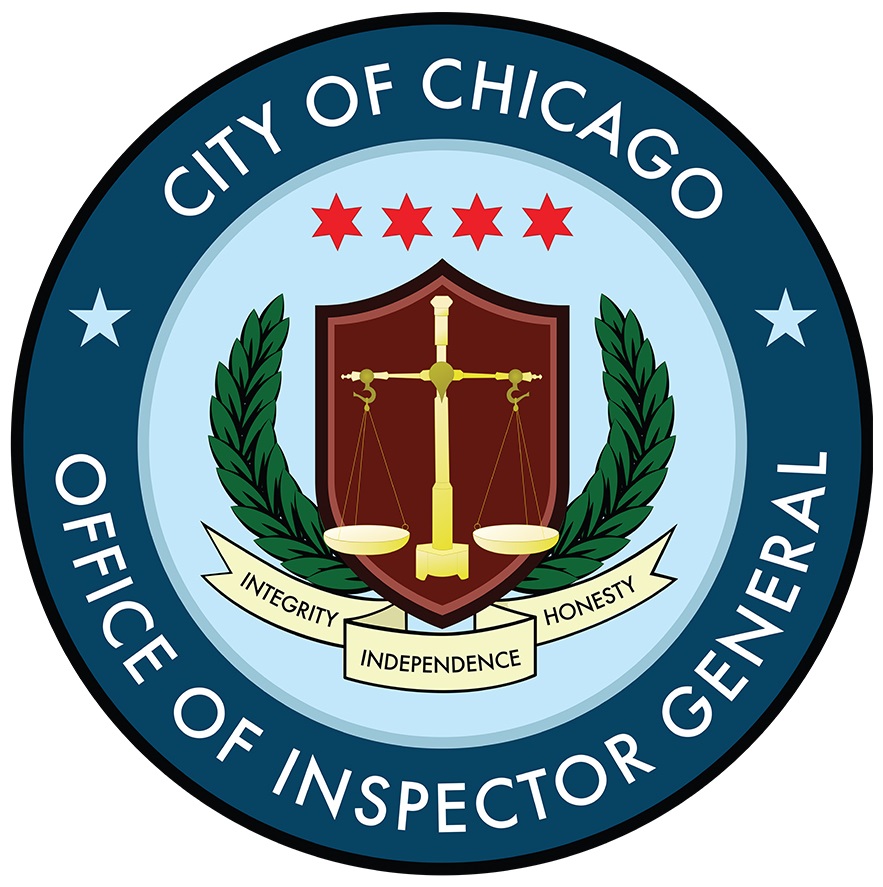
The Office of Inspector General’s (OIG) Public Safety Section has issued a review of the Chicago Police Department’s (CPD or the Department) so-called “gang database.” Rather than a unified standalone system, as publicly perceived, the Department has, over time, built a patchwork of data systems, visualization tools, and computer applications where gang information has been entered, stored, and accessed. OIG’s review found that: 1) CPD lacks sufficient controls for generating, maintaining, and sharing gang-related data; 2) CPD’s gang information practices lack procedural fairness protections; 3) CPD’s gang designations raise significant data quality concerns; and 4) CPD’s practices and lack of transparency regarding its gang designations strain police-community relations. OIG’s review concluded that CPD’s current gang information systems present certain risks that, if left unaddressed, will continue to undermine public trust and confidence in the police.
More specifically, CPD’s gang information contains incomplete and contradictory data that is not regularly reviewed, corrected, or purged. CPD shares its “gang database” information with over 500 external agencies, including immigration and criminal justice agencies, with no intergovernmental agreements setting forth controls for access and use of this information, and without any oversight or accountability mechanisms. The lack of oversight and transparency for the “gang database” contributes to a variety of negative consequences for both individuals and communities. Over the past 20 years, 91.3% of the 134,242 individuals designated as gang members in Gang Arrest Cards have been Black or African American and Latinx males. 13 of the City’s 77 community areas, predominantly on the South and West Sides, account for over 50% of Gang Arrest Cards produced.
Among the 30 recommendations issued by OIG, key proposals for the Department include:
- evaluating—in partnership with stakeholders—whether collecting, maintaining, sharing, and using gang information best serves violence reduction efforts in the City;
- requiring evidentiary support for the assignment of gang designations;
- codifying processes for reviewing gang designations;
- notifying individuals that they have been designated as a gang member;
- establishing processes for contesting or appealing one’s gang designation;
- regularly reviewing gang designations to identify inaccurate or outdated designations;
- developing a means to purge inaccurate or outdated information;
- establishing formal agreements with external agencies and regularly auditing their use of CPD’s gang information; and
- providing regular public reports on CPD’s collection, storage, use, and sharing of gang-related data.
CPD concurred with OIG’s findings, acknowledging that its gang information practices have impeded the Department’s ability to maintain updated and relevant information. In response to OIG’s recommendations, CPD has committed to the creation of a new unified system that addresses several of the data control issues identified by OIG, but offered no timeline for implementation, while all existing gang data will remain intact. CPD’s response and proposed measures substantially diverge from OIG’s recommendations for community collaboration, an accessible appeals process, and additional protections for juveniles. OIG has made additional recommendations to the Mayor and City Council suggesting, among other things, amending the Welcoming City Ordinance whose protections currently exclude gang-associated individuals.
“A system that results in comparatively standardless, inaccurate, and unaccountable stigmatization of residents without due process protections can only further fray the very relationships needed to achieve positive, constitutional, and effective community policing,” said Inspector General Joe Ferguson. “CPD, the City Council, and the Mayor’s Office have to undertake holistic and comprehensive actions to enhance violence reduction efforts, and they have to include community voices in ongoing reforms.”
The full report can be found online: http://bit.ly/GangDatabase.
Follow @ChicagoOIG on Twitter for the latest information on how OIG continues to fight waste, fraud, abuse, and inefficiency in Chicago government.
The mission of the independent and non-partisan City of Chicago Office of Inspector General (OIG) is to promote economy, effectiveness, efficiency, and integrity by identifying corruption, waste, and mismanagement in City government. OIG is a watchdog for the taxpayers of the City and has jurisdiction to conduct investigations and audits into most aspects of City government. If you see corruption, fraud, or waste of any kind, we need to hear from you. For more information, visit our website at: www.igchicago.org.






















